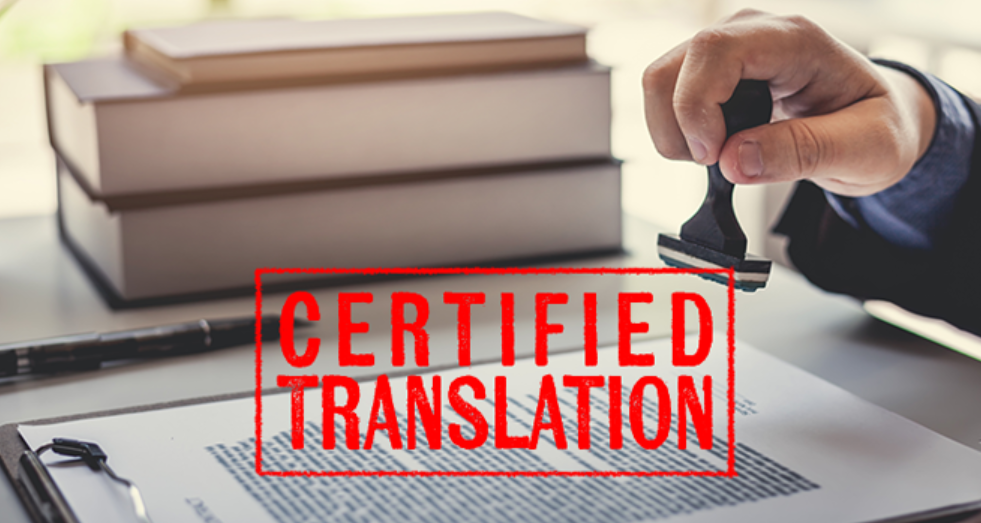Legal documentation often requires a higher level of precision and accuracy than general communication. When dealing with multilingual legal materials, the stakes are high. Errors in translation can lead to misunderstandings, rejected submissions, or even legal disputes. This is why certified translation services are essential for legal documents.
What Are Certified Translation Services?
Certified translation services refer to professional translation solutions that include a signed statement from the translator or agency, affirming that the translation is accurate and complete. This certification is often required by courts, government agencies, and academic institutions to ensure the credibility and reliability of translated content. The certification process may vary slightly depending on the country or authority, but it typically involves the translator or agency affirming their qualifications and the authenticity of the translated material.
Importance of Certification in Legal Scenarios
Legal matters are inherently complex and must comply with strict procedural rules. Whether it’s immigration, litigation, or international contracts, a single mistranslated sentence can cause serious consequences. Certified translations are considered trustworthy by legal bodies because they come with a guarantee of quality and accuracy.
Documents that commonly require certified translations include:
- Birth certificates and marriage licenses
- Court transcripts
- Contracts and agreements
- Affidavits and depositions
- Immigration forms
- Power of attorney documents
- Academic records used in legal cases
Each of these documents carries legal weight. Any errors, even minor ones, can delay or invalidate the process, leading to financial loss, missed deadlines, or legal penalties.
Why Use Professionals?
Legal terminology is highly specialized. It often includes phrases or clauses that have no direct equivalent in another language. Only trained legal translators are capable of rendering these correctly without altering the intended meaning. Additionally, professional translators adhere to strict confidentiality policies and understand the importance of secure handling of sensitive information.
Accuracy and Accountability
Using uncertified or informal translation options can create serious issues. If a document is rejected due to a lack of certification, it could delay court proceedings or immigration timelines. In worse cases, a poor translation could misrepresent key terms of a contract or legal claim. Certified translations ensure that there is a verifiable record that the translator was competent and provided an accurate representation of the source document. Legal bodies often require this to avoid disputes over the meaning or intent of a translated text.
Conclusion
Legal documents demand precision, accountability, and compliance with strict standards. Whether you’re dealing with immigration papers, contractual agreements, or court documents, certified translation services provide the assurance needed to meet these demands. They offer more than just linguistic accuracy—they ensure your documents are legally valid and accepted by authorities, both locally and internationally.












Leave a Reply